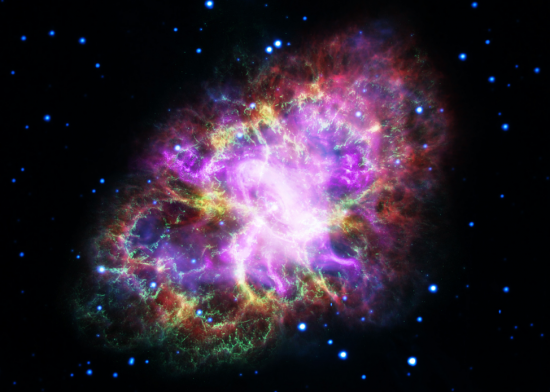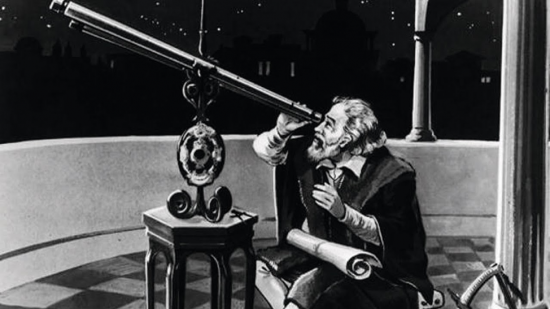
In previous articles, I explored the current crisis in cosmology and what it means to have a revolutionary shift or change in cosmology. In today’s article, I step back and explore why cosmology matters in the first place. Why does cosmology matter beyond science and to non-scientists? And, how does cosmology impact everyday life?
We know that the study of the universe is important to science. But cosmology has impacts far beyond science and has a significant cultural component. What we believe about the cosmos impacts our worldview and eventually influences how we view and organize our cultural and social institutions, values, and norms.
It also greatly impacts how we view ourselves in the world.1 While we may not think of culture when we think of cosmology, cosmology has greatly impacted everything from anthropology and art to philosophy, morality, religion, and even politics.
Historically, changes in cosmology have precipitated tectonic cultural and ideological shifts that have shaped and defined the course of history. But the relationship between cosmology and culture is not unidirectional; it is far more nuanced than that. Cosmological shifts are also a product of their time, and often grow out of and/or reinforce philosophical and socio-political milieus that benefit from or exploit the ideas promoted or reflected in a new cosmology.
Let’s look at these points in greater detail.
I. Galileo and The Scientific Revolution

Changes in cosmology can have tectonic ripple effects that influence the course of history. A classic example is Galileo (and the Copernican revolution) and the shift from the geocentric to the heliocentric model of cosmology. This shift was so profound that it sparked the Scientific Revolution. But it also had profound consequences beyond science. As the Educational Director of the Italian Consulate (in the US) explains, “Galileo’s ideas not only sparked a scientific revolution, they initiated a large-scale revolution in human thinking. He changed the way we see the world and, more importantly, how we perceive ourselves within it.”2